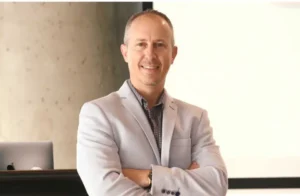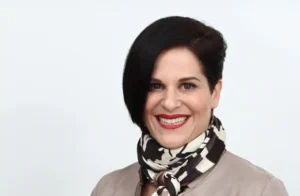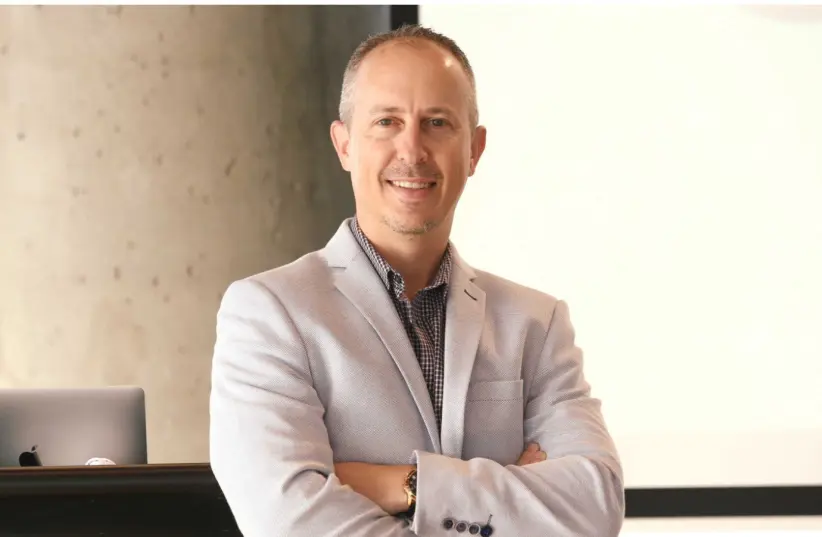Bigtime Israeli executives share the lessons they learned early on in their careers that have helped them achieve success.

For many, it takes a big cognitive shift to think like a successful businessperson; one of the hardest parts of changing one’s mindset is to identify the lessons that they’ve learned along the way to success and capitalize on that wisdom.
Six Israeli businesspeople have shared their first lessons learned in the business world, and how those pieces of wisdom have enriched their outlook on business.
Each employee is a small CEO – The way to look at your workforce
Yinnon Dolev, head of Sompo Digital Lab Israel & Europe:
“One of the lessons I learned early in my career is the importance of self-empowerment of the individual, as an engine for building a high-performing organization. In an environment that empowers its employees, each employee is a small CEO. Instead of waiting for approvals and instructions from a superior level, an empowered employee will demonstrate independence in decision-making and problem-solving. Such an employee will be more creative and effective even on issues outside his job scope.
“A workplace that supports the self-empowerment of its employees should be willing not to punish for mistakes but to celebrate the employee’s development. These days when competition for [workforce] is fierce, workers are empowered; and a work environment that allows them to be like that wins the battle for people retention.”
Those with the most experience aren’t always the biggest experts
Benjamin Grossman, partner and head of India desk, APM & Co:
“More than 20 years back I was in a meeting with one of the largest and strongest organizations in India. The issues were complicated from legal and technical aspects. People had been seated by seniority, as the Indian team was big; on the far side of the table was a young lady holding a thick file of papers. We didn’t pay much attention to her; once the material discussions started though, I slowly noticed the lady providing the chairman with knowledgeable insights, as she was the expert from the Indian side on the matters discussed. I started talking directly to her, and gradually, backed by the chairman, she took the lead.
“Since then, I have been trying to build channels with the knowledgeable people [in an organization], rather than just the seniors. Decision-making [is often] is a “bottom-up” process, driven by knowledge and consensus of all levels. Moreover, I learned to hand over the professional lead to the most knowledgeable player.”
It’s all about the seed money – or is it?
Gal Ringel, CEO & co-founder, Mine:
“Many entrepreneurs think raising seed money is the hardest part of running a startup; as a former investor [moving into entrepreneurship] I knew this wasn’t the challenge. But, when you’re in the entrepreneur’s hat, you must learn this lesson [the hard way]. The first lesson I learned as an entrepreneur is that raising seed money is not a goal; it is a means to achieve your business goals. The day after the seed funding is finalized, and you have the money in the bank, then the real hard period begins: hiring people, building the product, creating and maintaining company culture, finding first customers and navigating toward the product market. That’s really the hard part!”
“The first lesson I learned as an entrepreneur is that raising seed money is not a goal; it is a means to achieve your business goals.”
Gal Ringel
Should you invest in the idea or the team?
Eyal Hoffman, Early-stage Investor & Managing PartnerManaging Partner, Highroad:
“Before I started looking at startups from an early-stage investor point of view, I was trapped in the notion that the idea and the solution were the most important things when it comes to success factors. I soon realized that there are many more important things to look at: number one is the founding team, but also the market and the technology, to name a few.
“With that realization, it also occurred to me that an investor needs – while listening to the founders carefully – to also be able to see beyond what the founders are saying and sometimes even seeing. This does not mean that those ideas or thoughts are any better than anyone else’s; in my opinion, the most important thing for an entrepreneur is to simply listen to many opinions and form their own.”
The importance of a mutual company–investor relationship
Racheli Vizman, CEO & co-founder at SavorEat & co-founder at Egg’N’Up:
“I had many years of experience in the ecosystem turning young companies into public companies, but I had to learn my first lesson precisely when setting up [my own company,] SavorEat. When something is yours, things work differently.
“My first lesson as an entrepreneur stemmed from the wrong investor choice. The need to raise capital quickly in order to promote development sometimes leads you not to trust your intuition and not to do enough background checking. Such a wrong choice can lead to delays in the development and promotion of the company. When it comes to a round of recruitment – especially in the early stages of the company – an entrepreneur must understand that choosing an investor is a long-term relationship and due diligence is not a one-way thing. The entrepreneur also needs to ensure that whoever they choose [understands the value of] mutual relationships.”
Be the one to steer the ship
Keren Leshem, CEO at OCON Healthcare, mentor at 8400 the Health Network and World Economic Forum Tech Pioneer 2022:
“As an entrepreneur, the first lesson I had to learn was in my youth at a startup company where I worked. I was in charge of one of the company’s first capital raising rounds, raising money from an Angel and a VC. Each had different [wants, strategies and preferences] in their investment, which created terrible frictions and greatly influenced the identity and style of the product developed.

“That taught me a lot for subsequent investment rounds not to repeat this mistake and to be the one to steer the ship in any strategic decision, whether an investment round, adding a board member or any other program involving outsiders with their interests. You should hear opinions from professionals and owners – their experience is important – but never be afraid to act assertively and always put the company’s needs at the top of the pyramid.”

